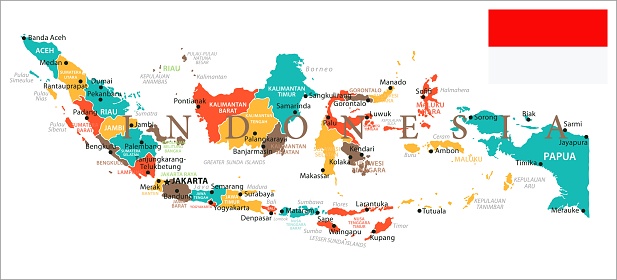
Indonesia is intensifying its crackdown on online gambling content. According to the Ministry of Communication and Digital Affairs (Komdigi), roughly 2.8 million pieces of content were removed between October 20, 2024 and September 16, 2025, and about 2.1 million of those are directly tied to online gambling platforms or promotions. Removal spans across many types of platforms: from websites (nearly 1.93 million items) to file-sharing services, and social media apps owned by Meta, Google, X (formerly Twitter), Telegram, TikTok, and others. The effort is part of a broader national campaign to enforce existing laws, since gambling (both online and offline) is illegal under Indonesian criminal law.

One important tool in this campaign is the Content Moderation Compliance System (SAMAN), piloting for one year (scheduled to wrap up soon). SAMAN is intended to push platforms to better monitor and remove harmful or prohibited content, including gambling. Alongside content removal, the government has also targeted financial flows. Indonesia’s Financial Transaction Reports and Analysis Center (PPATK) has flagged hundreds of thousands of social assistance recipients as possibly using welfare funds to gamble online, with some being removed from aid programs when misuse is confirmed.
There are concerns and challenges with the approach. Critics warn about overreach or wrongful removal, potential limits on freedom of expression, and the sheer scale of content making enforcement difficult. Also, removing content does not necessarily stop users from accessing gambling platforms via proxies, VPNs, or overseas-hosted domains. The prevalence of gambling content remains substantial: surveys show around 82% of internet users in Indonesia say they have encountered gambling material online; youth exposure is particularly worrying, with studies showing around 43% of university students have tried online gambling.
Looking ahead, Indonesia seems set to strengthen its regulatory framework even more. New government regulations are being prepared that would broaden accountability — making not just platform operators but also fintech, payment gateways, and internet service providers more responsible for illegal gambling content or transactions. There are also efforts to improve financial tracking, bank account freezing, blocking payment channels, and suspending government welfare benefits for those proved to be participating in illegal gambling. If implemented well, these could significantly reduce the social harm linked with gambling and more effectively enforce the law, though balancing enforcement with ensuring citizens’ rights and clarity for digital platforms will remain a key concern.


 Content Writer: Janice Chew • Saturday, 25/09/2025 - 23:16:17 - PM
Content Writer: Janice Chew • Saturday, 25/09/2025 - 23:16:17 - PM